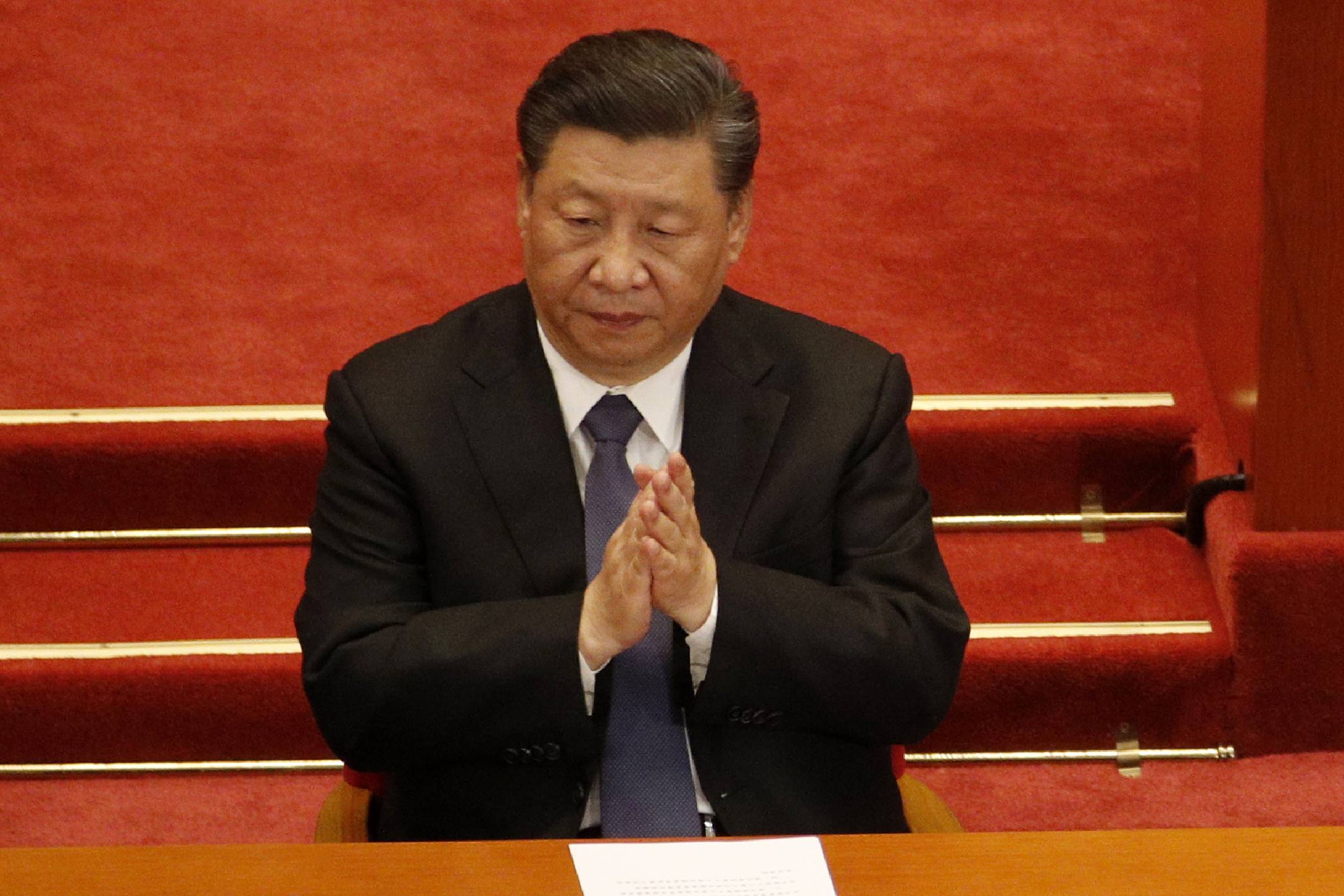As Chinese officials in Wuhan struggled to contain a deadly coronavirus outbreak in January, it was Xi Jinping who stepped in and took control. Now, the president who declared himself personally responsible for every aspect of China’s response to the pandemic, faces a fresh test: a rapidly growing outbreak in Beijing.
The cluster of more than 130 cases in the city that is the seat of Communist Party power risks undermining the government’s narrative it handled the epidemic better than many Western nations. It could upend its nascent economic recovery if it turns into a second wave. The stakes are even higher for Xi, who has staked his credibility on China’s response and sought to frame himself as a global leader in the crisis — to the chagrin of nations from the U.S. to Australia.
It comes as Xi grapples with external challenges, too. He’s navigating a U.S. president in the midst of a re-election campaign who has taken to frequent outbursts against China on everything from trade to COVID-19 to Beijing’s growing influence on Hong Kong. On Thursday, Trump signed legislation into law requiring U.S. sanctions for Chinese officials found responsible for mass detentions of Uighurs and members of other Muslim minority groups.



















With your current subscription plan you can comment on stories. However, before writing your first comment, please create a display name in the Profile section of your subscriber account page.